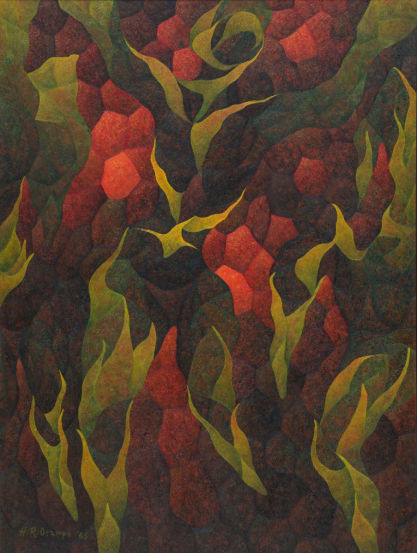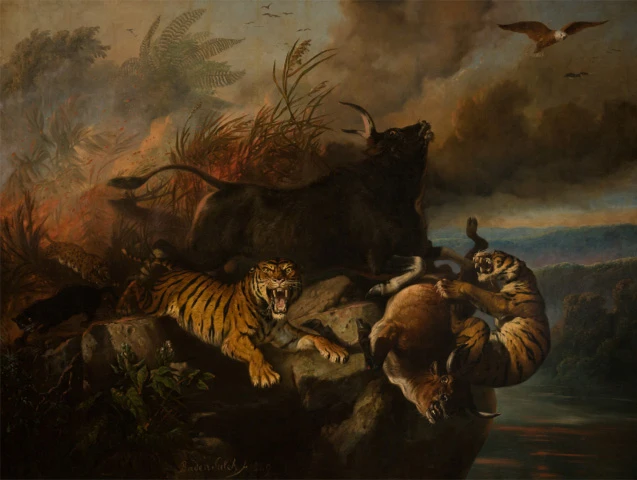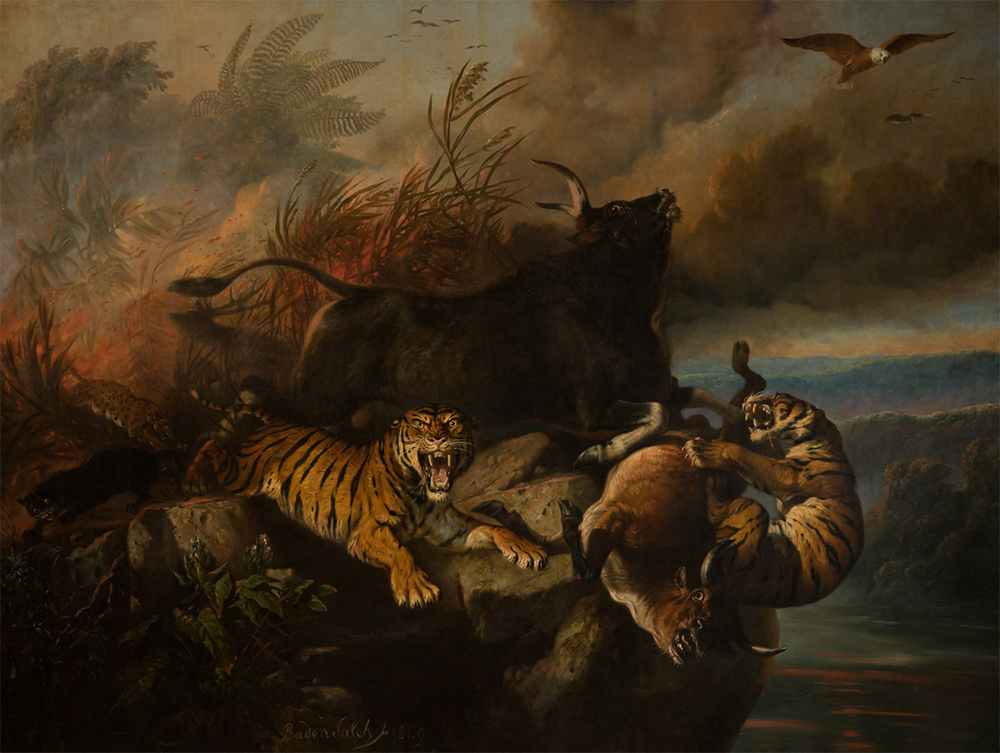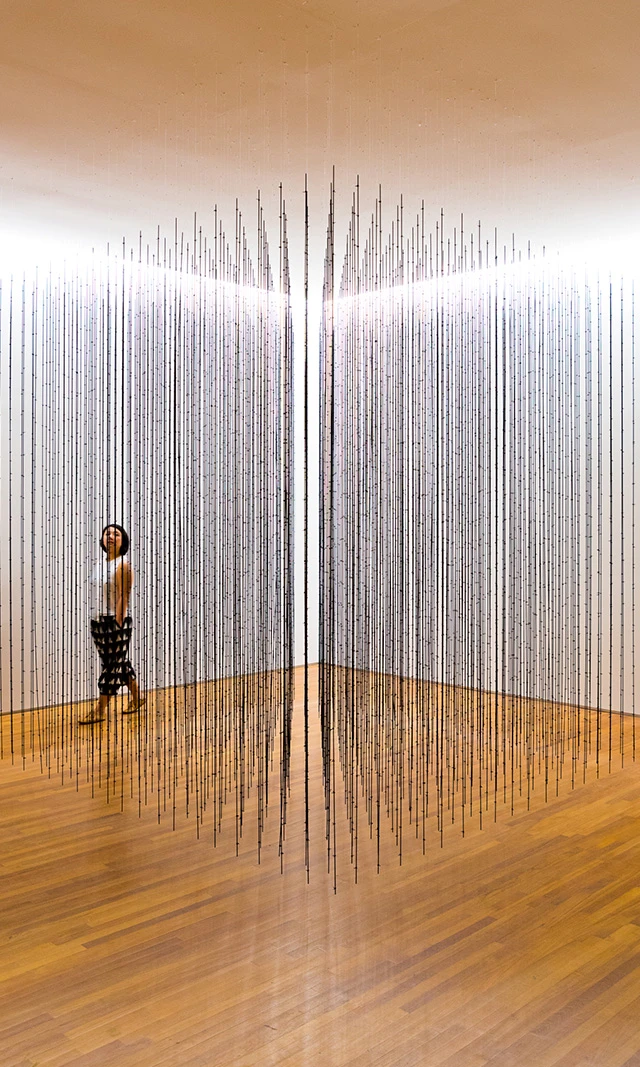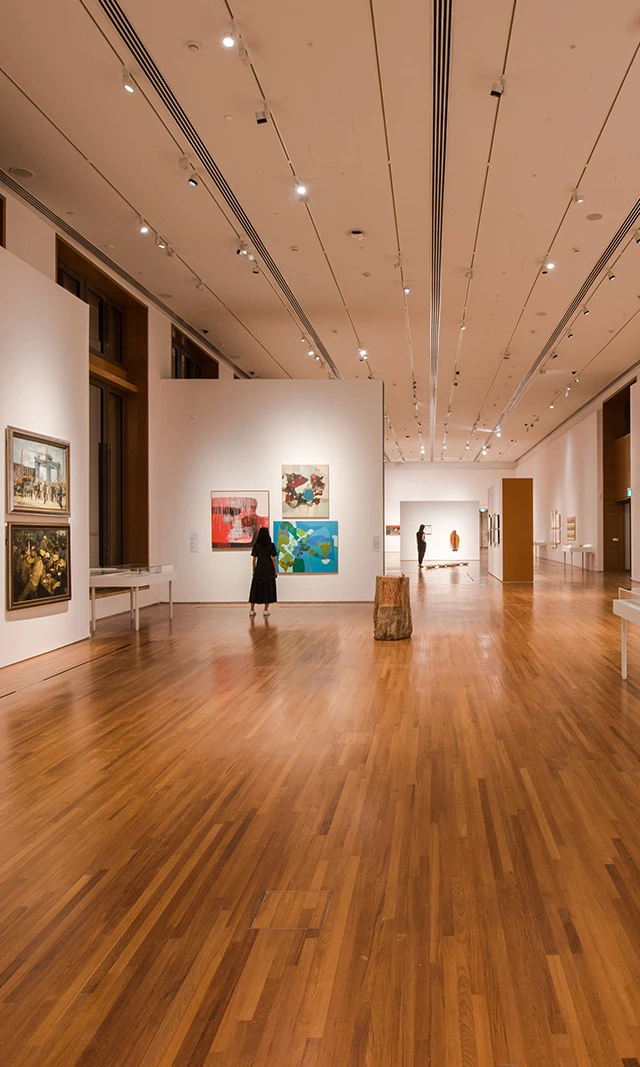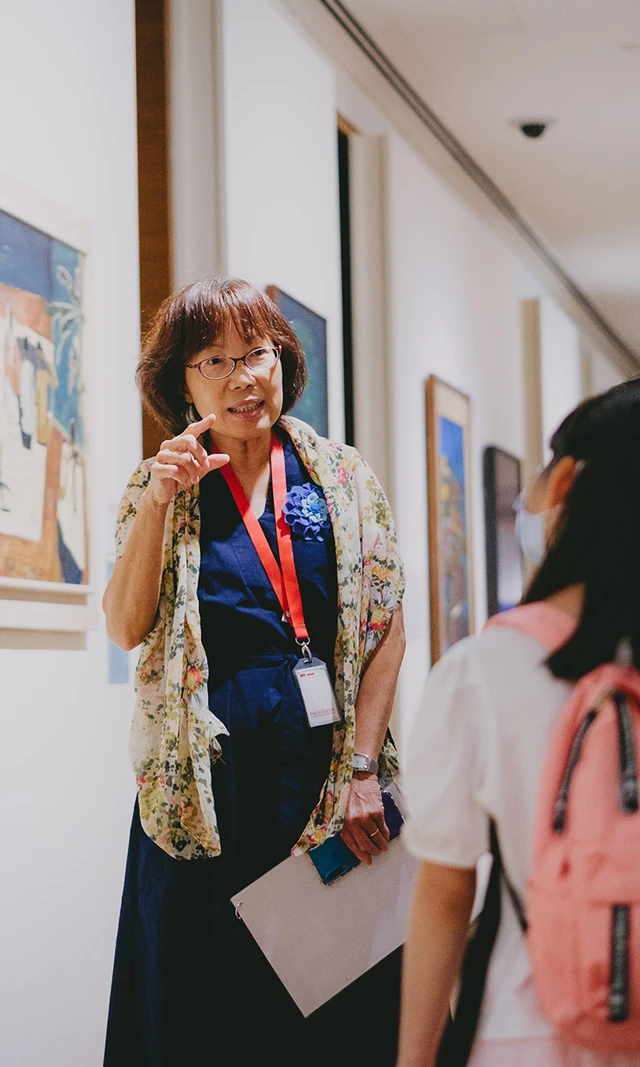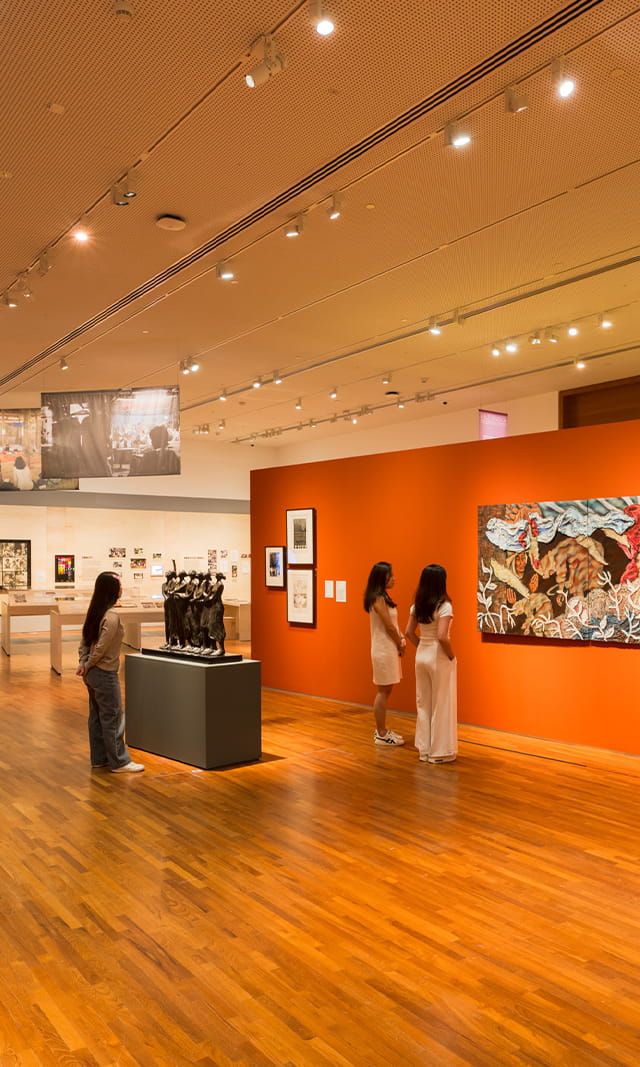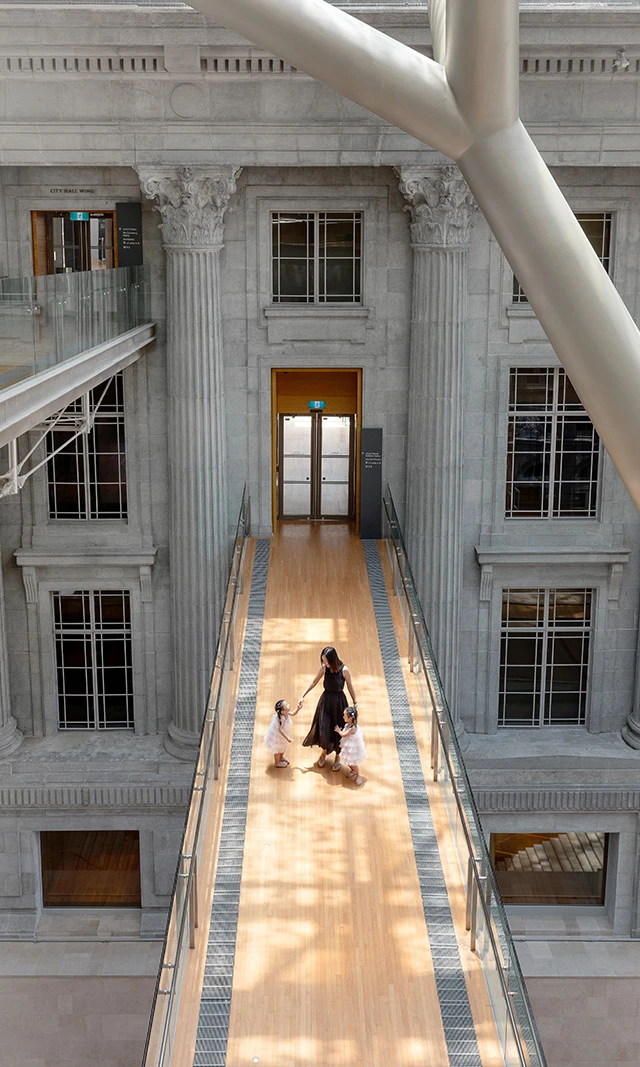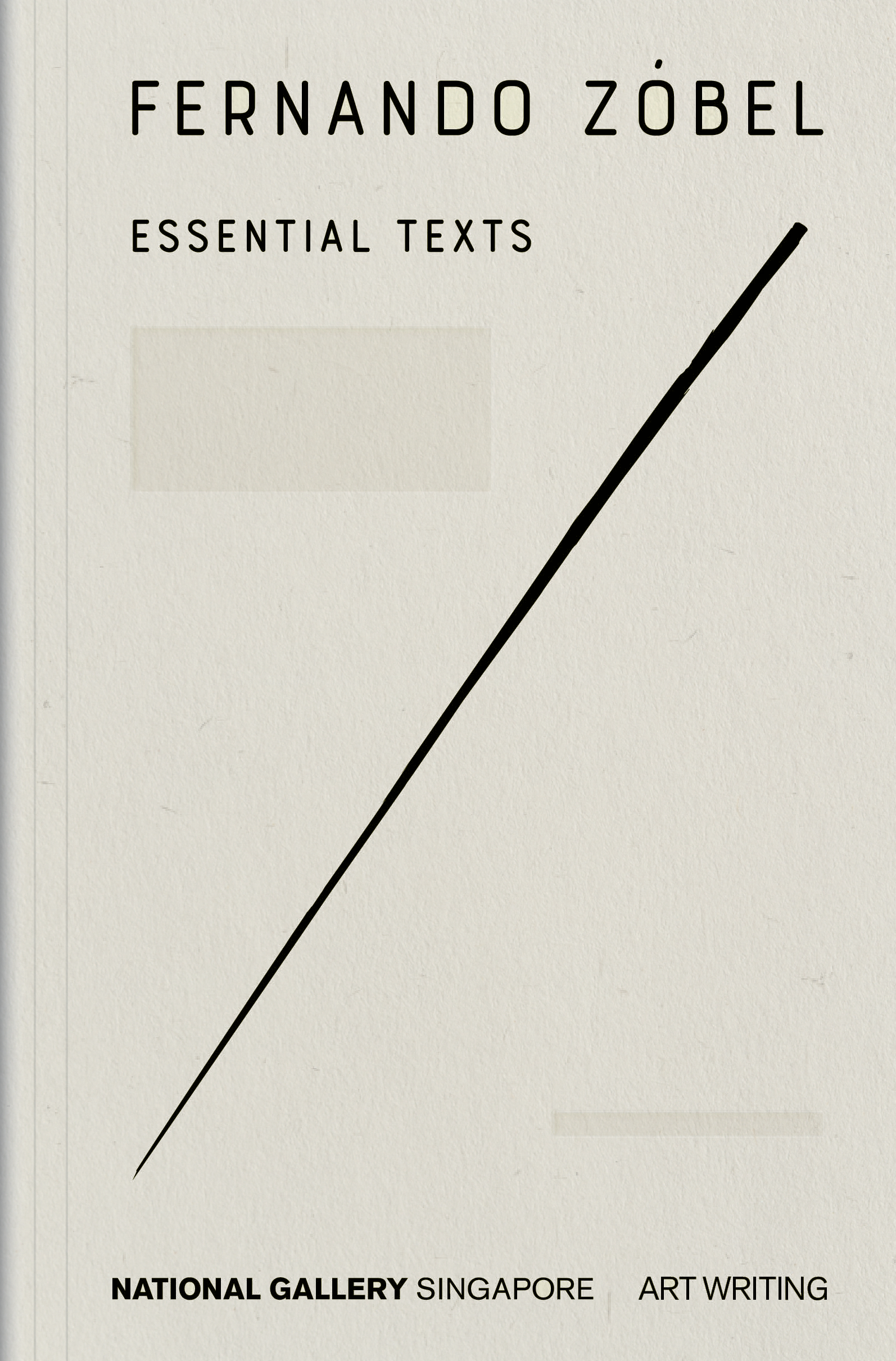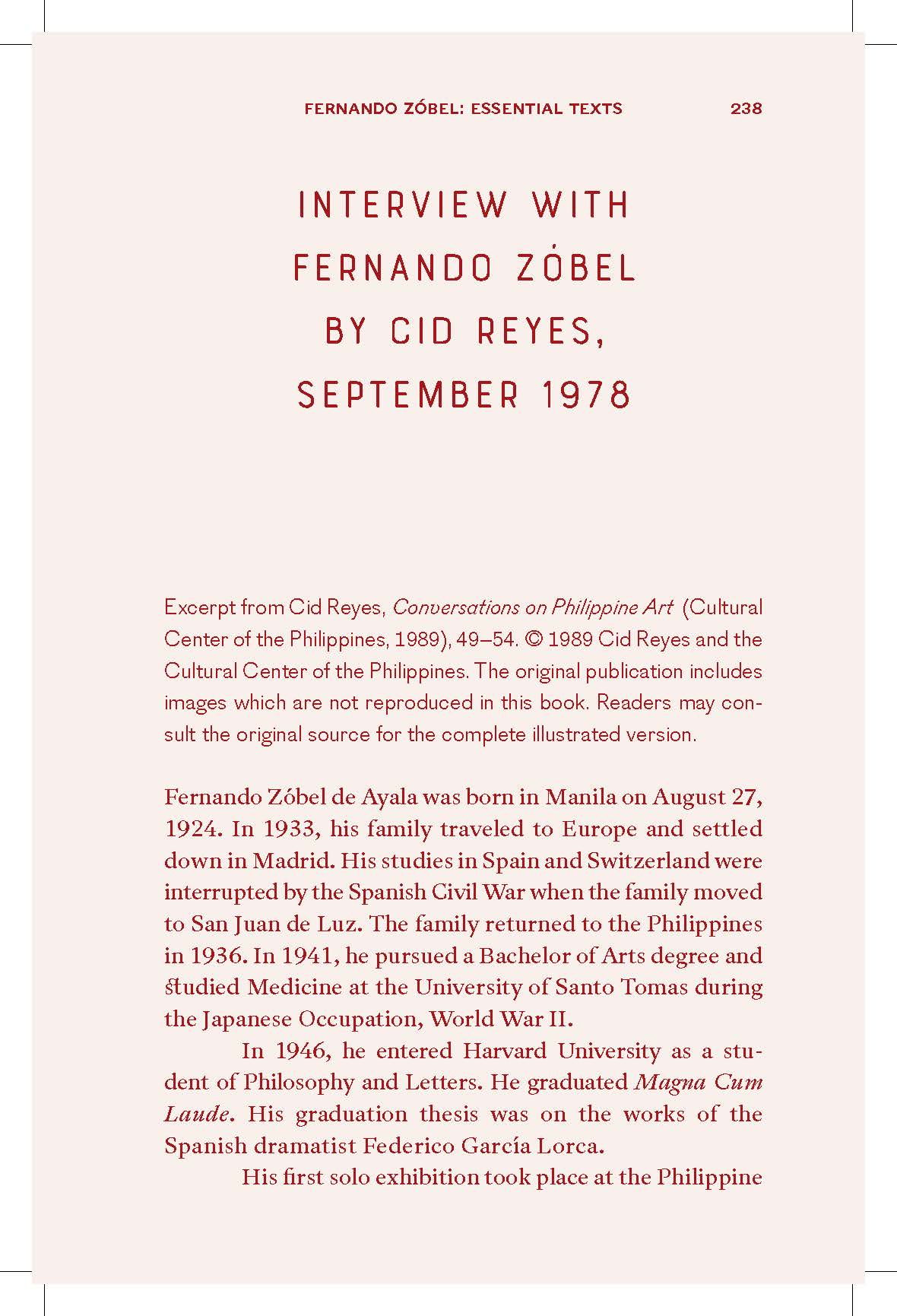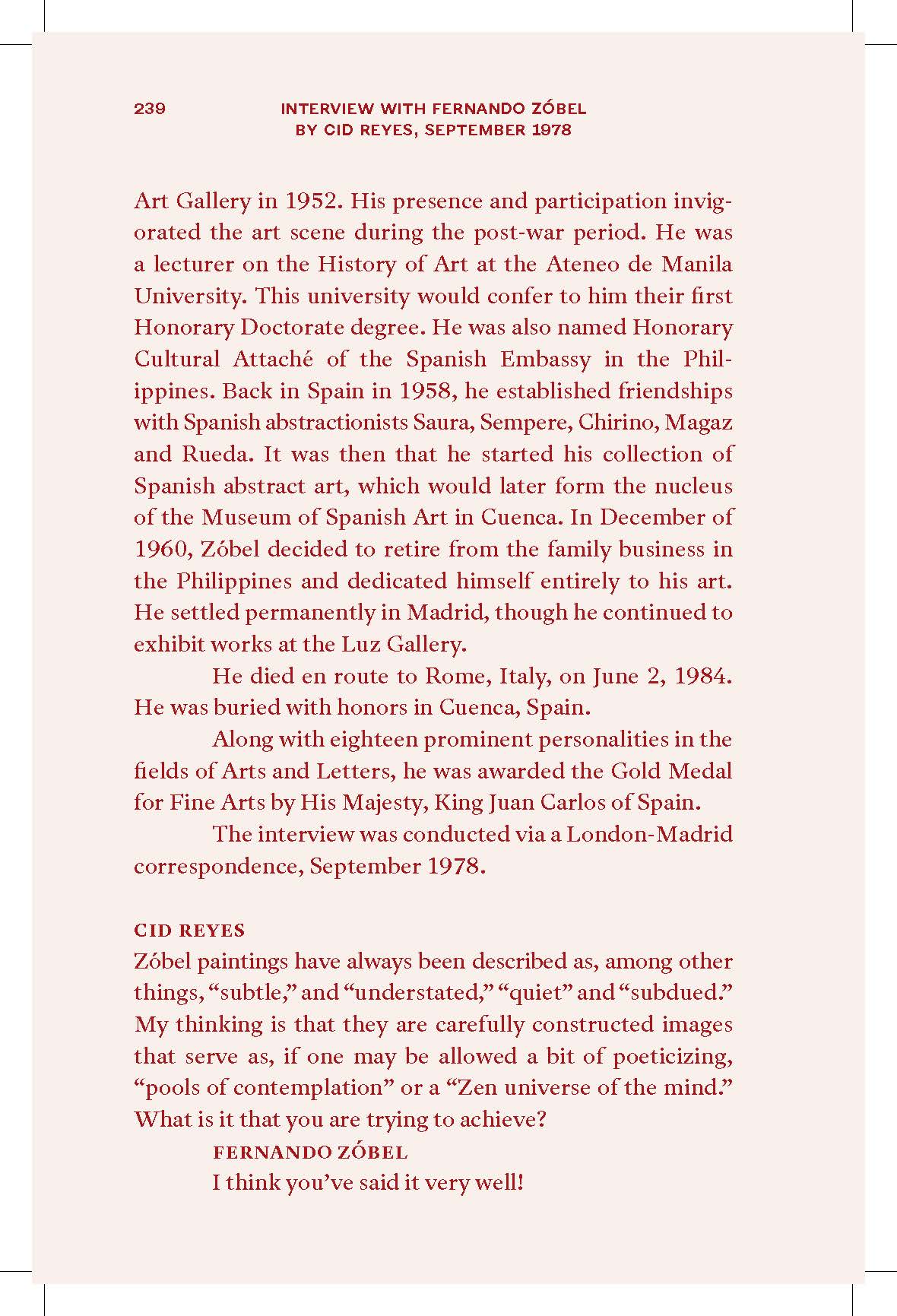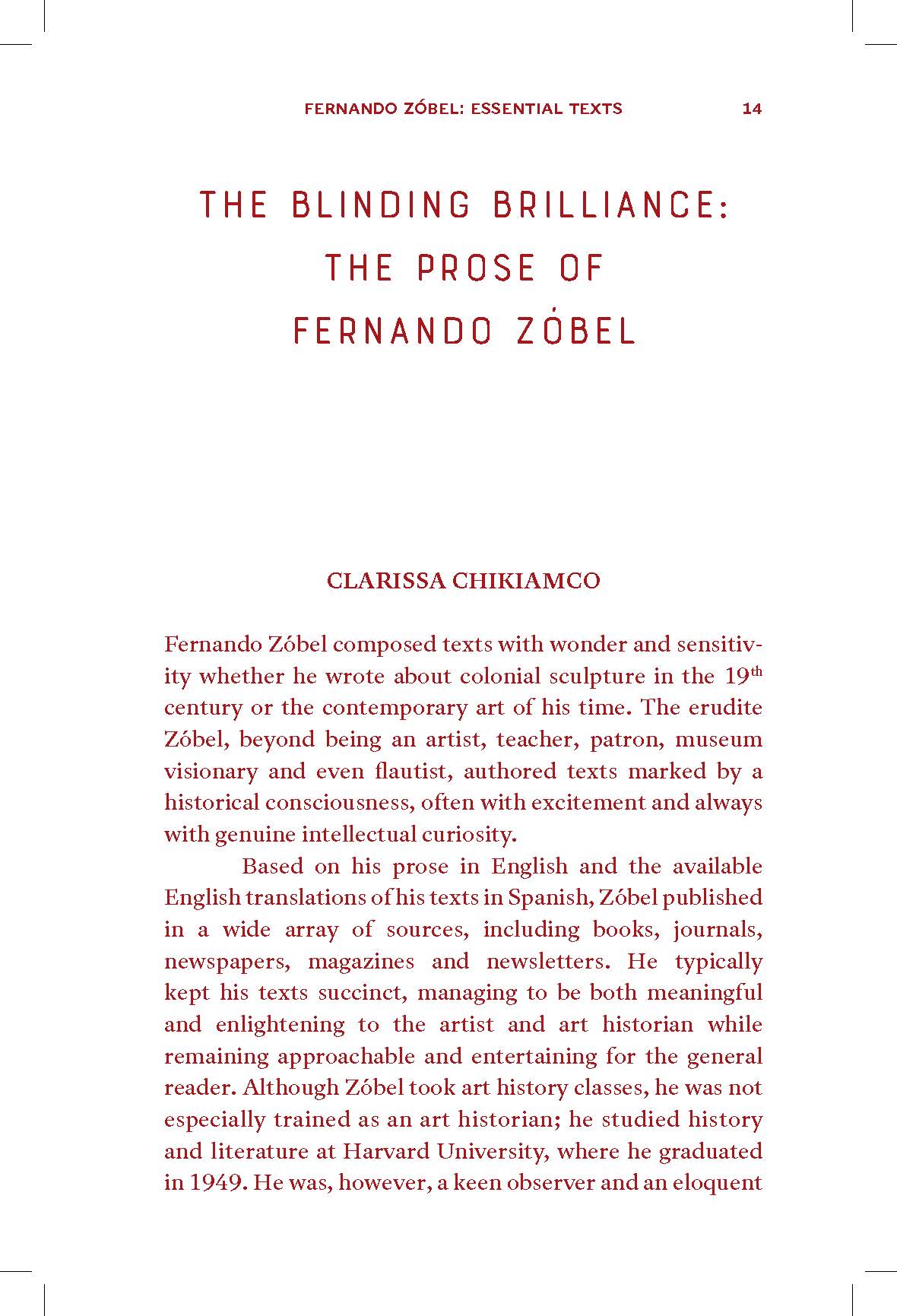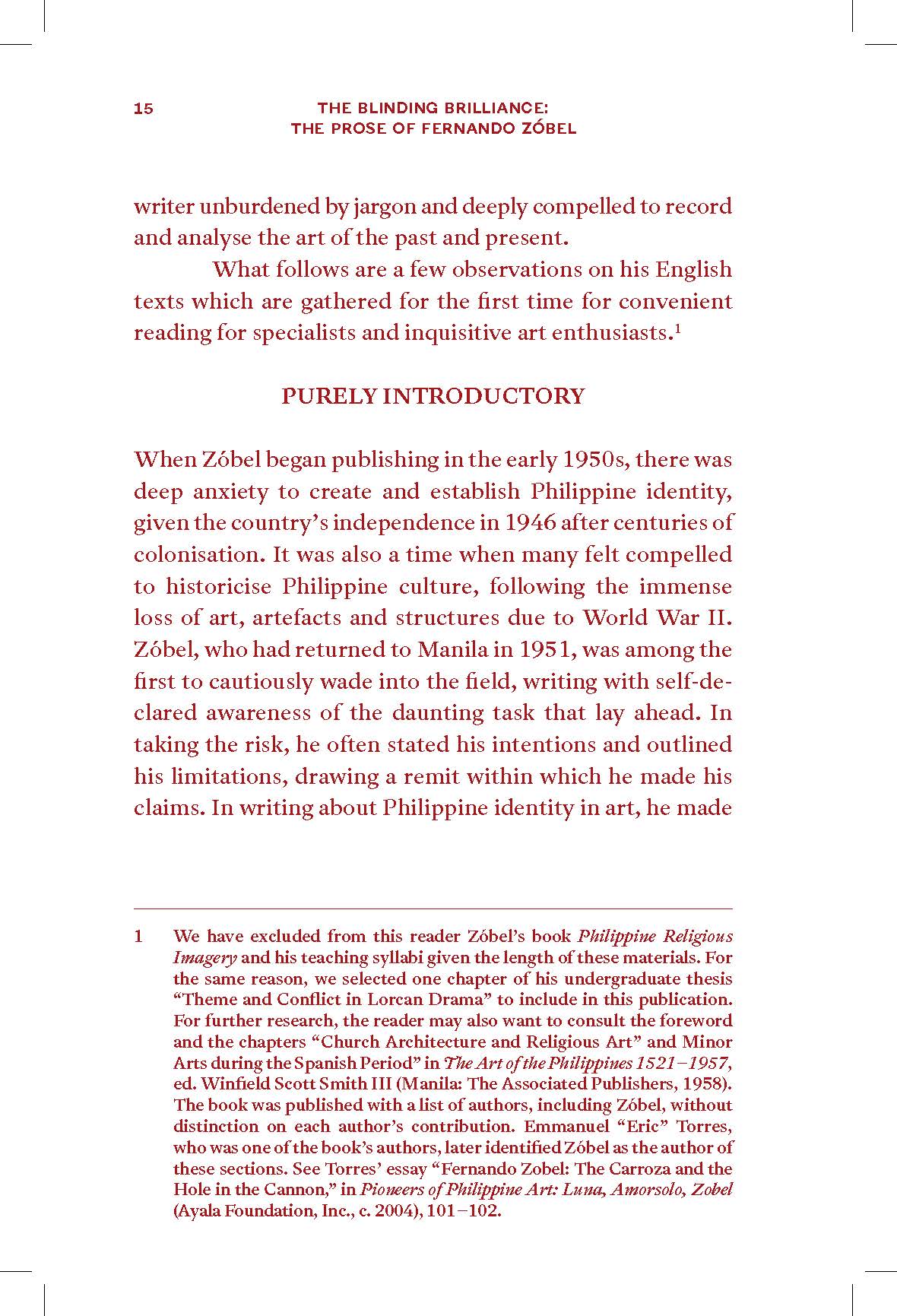Fernando Zóbel: Essential Texts
Research Title
Fernando Zóbel was a painter, patron and a thinker who wrote with clarity and curiosity about art and the world around him. This volume gathers his writings and recorded conversations, tracing the development of his thought over time. Conceived as a supplement to the exhibition catalogue Fernando Zóbel: Order is Essential, it conveys how his words articulate the concerns that shaped his practice and provides readers another way to engage with his work.
This is the second title in the National Gallery Singapore Art Writing imprint.
About the artist
Fernando Zóbel was born in Manila, Philippines, in 1924 to Spanish parents. He studied history and literature at Harvard University, graduating magna cum laude in 1949. He returned to Manila in 1951, exhibiting alongside Philippine modern artists while working in the family business. Despite having no formal art training, he won prizes in competitions organised by the Art Association of the Philippines. In 1961, he moved to Spain and became a full-time artist, exhibiting at the Spanish Pavilion of the Venice Biennale in 1962. Zóbel played a significant role in the development of modern art in both the Philippines and Spain. In 1960, he donated his collection of Philippine modern art to Ateneo de Manila University, establishing the Ateneo Art Gallery. In 1966, he founded the Museo de Arte Abstracto Español in Cuenca, Spain, showcasing Spanish abstract art. He later donated this museum to the Fundación Juan March, ensuring its continued operation. A scholar as well as an artist, Zóbel authored the seminal book Philippine Religious Imagery (1963) and contributed essays to the journal Philippine Studies. He also taught at the graduate school of Ateneo de Manila University. Zóbel received numerous accolades, including Spain’s Gold Medal for Fine Arts and the Philippines’ Presidential Medal of Merit. He died in Rome, Italy, in 1984 and is buried in Cuenca, Spain.

